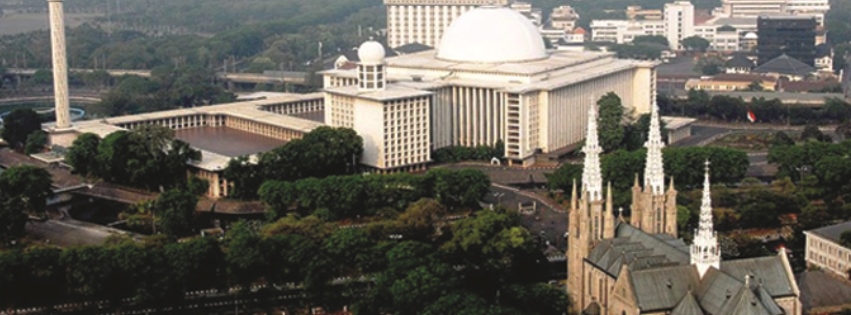
Seminar by Mujiburrahman. Places of worships have been an important locus of inter-religious tension in Indonesia. Local religious majorities in both Christian and Muslim parts of Indonesia have agitated against the construction of minority religious places of worship. This paper analyzes the participation and tensions in the making of a new national regulation on building places of worship, issued in 2006. Primarily because of pressure from civil society, the government opened the door to representatives of religious councils to participate in the development of the regulation. Each religious council has an equal number of representatives for each religious community, regardless of the actual size of their respective communities. A series of 11 intensive meetings led to significant changes in the government’s draft.
This paper analyzes the extensive transcripts from those closed meetings. The discourses in the meetings took place in a field of tension that Bryan Turner characterized as ‘the liberal paradox.’ The state is called on both to guarantee freedom of religion and to intervene in religious affairs for the sake of civil harmony. Conservatives, who emphasize the public dimensions of religion, stood in opposition to liberals, who see religion as largely a private issue. How the participants managed to reach important points of consensus in the midst of this liberal paradox is the central question of this paper.
Prof.dr. Mujiburrahman is deputy rector at the State Institute of Islamic Studies (IAIN), Antasari, Banjarmasin. His 2006 PhD thesis in Utrecht University published as Feeling Threatened: Muslim-Christian Relations in Indonesia’s New Order (Amsterdam University Press).
Please register if you wish to attend this seminar: [email protected]